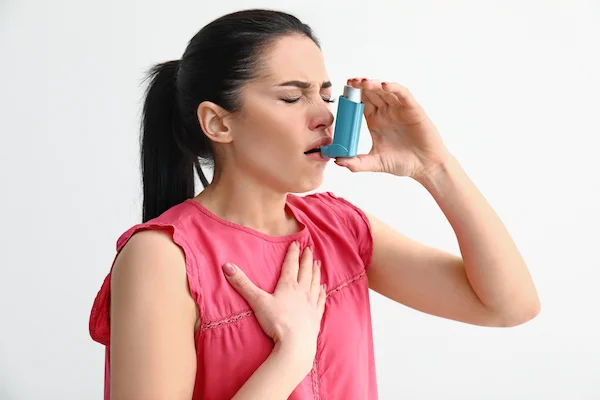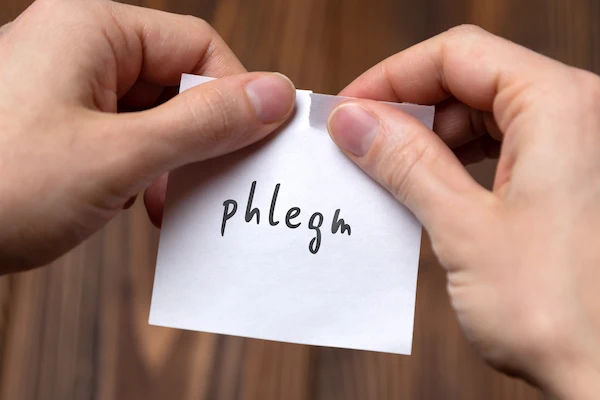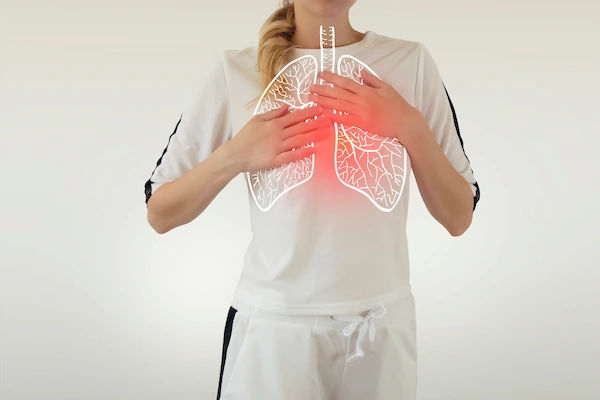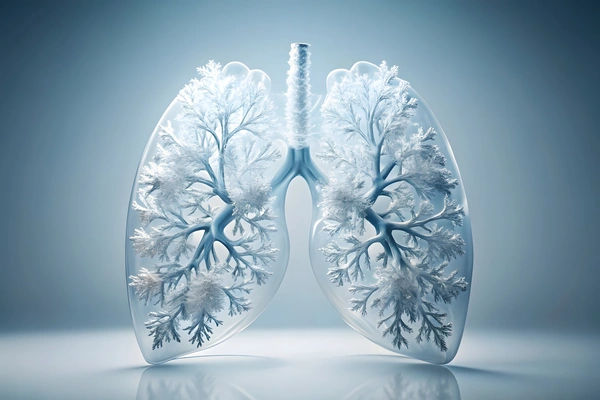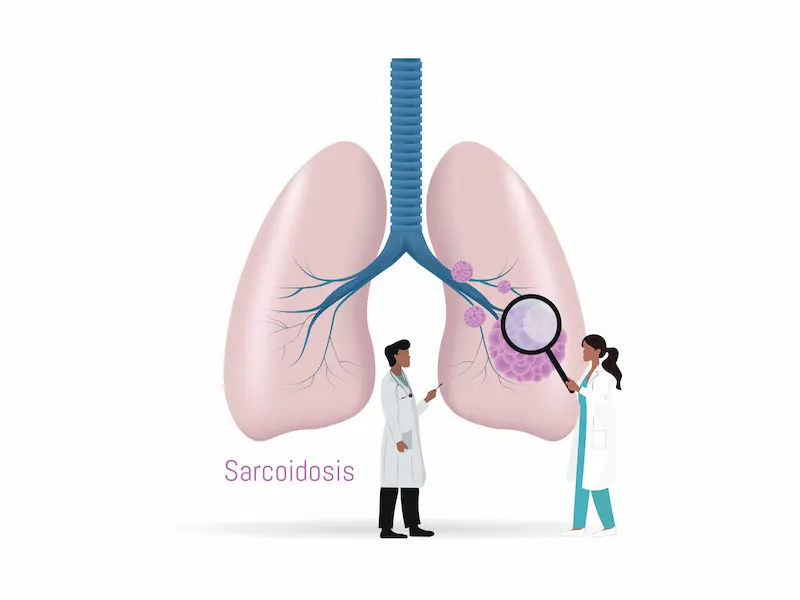- Male
- 23 Years
- 29/01/2025
I've been having this really intense pain on the upper right side of my chest when I wake up in the morning, and it's got me a bit worried. I'm not sure if it's my lung or something else, but it's bad enough that I can't really move until later in the day when it seems to get a bit better. Could this be something serious or just how I'm sleeping? Any advice on what I can do to stop it from happening?
Answered by 1 Apollo Doctors
It sounds like the pain might be related to muscle strain or poor posture during sleep, especially if it improves as the day goes on. However, if it persists or worsens, its important to get checked by a doctor to rule out any underlying issues, such as lung or heart problems. In the meantime, try adjusting your sleep posture and incorporating stretches to relieve tension.
Dr. Kareemulla Suggests...
Consult a Pulmonology Respiratory Medicine Specialist
Answered 04/07/2025
0
0

More Pulmonology/ Respiratory Medicine Health Queries
View allWeve been using amoxicillin for the past 56 days, but the recent x-ray still shows no improvement. Should we consider getting a CT scan? How can we tell if its COVID pneumonia or just regular pneumonia? Are there specific tests to differentiate between the two? Is amoxicillin the only medication we should be taking for either type of pneumonia?
many antibiotics medications we can take not only one,* do CT scan
Answered by 1 Apollo Doctors
My wife is in her last week of the second trimester and she's been really under the weather with a bad cold and fever over the past couple of days. Initially, she was taking Calpol 650mg twice a day, Augmentin 625 three times a day, Asthakind DX syrup three times a day, and Teczine once a day. Thankfully, the fever's gone now, but the cold has gotten worse, and our physician thinks it might be pneumonia, so he sent us to a pulmonologist. Today, the pulmonologist prescribed Mox 500mg twice a day, Allegra M once a day, Calpol 500mg twice a day, and AB Phylline capsules twice a day. I'm really concerned and wondering if it's safe for her to take AB Phylline and Allegra M during pregnancy. Could you shed some light on this for us?
ab phylline is not safe during pregnancy, but allegra is safe
Answered by 1 Apollo Doctors
I'm having trouble breathing through my nose and it feels like I'm not getting enough air, so I have to breathe through my mouth instead. Its especially tough when I'm sleeping, and now my chest is starting to hurt since Im always using my mouth to breathe. This reminds me of when I was young; I used to jump rope a lot, like 2000 times, and a doctor once said that caused a breathing issue for me back then. I feel like I'm going through the same thing again. What do you think might be the issue this time?
do chest xray and pulmonary function test
Answered by 1 Apollo Doctors
Disclaimer: Answers on Apollo 247 are not intended to replace your doctor advice. Always seek help of a professional doctor in case of an medical emergency or ailment.

